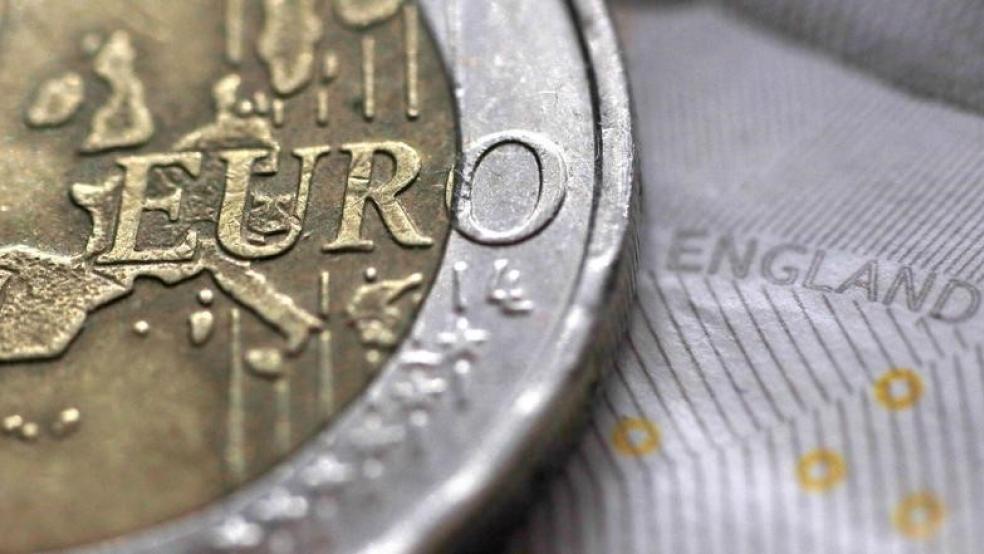NEW YORK (Reuters) - =The dollar held losses against a basket of major currencies on Thursday following data that showed a faster-than-forecast increase in domestic consumer prices in August.
U.S. consumer prices accelerated in August amid a jump in the cost of gasoline and rental accommodation, signs of firming inflation that could allow further monetary policy tightening from the Federal Reserve this year.The dollar index <.dxy>, which tracks the greenback against six major currencies, was down 0.3 percent at 92.246. The index had been at 92.286 before the release of the data.The Labor Department said its Consumer Price Index rose 0.4 percent last month after edging up 0.1 percent in July. Economists had forecast the CPI rising 0.3 percent in August."The inflation number, while probably not high enough to set off any inflation alarm bells just yet, should still be sufficient keep alive hopes for a third rate hike in December by the Fed," said Omer Esiner, chief market analyst at Commonwealth Foreign Exchange in Washington.Thursday's data was the last major last major data point going into next week’s Federal Open Market Committee meeting."On balance, I would call the data positive even though we have seen a limited sustained reaction by the dollar," he said.Strong gains for the greenback on Wednesday, when the dollar index rose 0.69 percent, its best day in nearly six weeks, was probably part of the reason behind the dollar's muted reaction to Thursday's data, Esiner said. Other data on Thursday showed an unexpected drop in the number of Americans filing applications for unemployment benefits last week. Though the data was impacted by hurricanes Harvey and Irma, the labor market remains healthy with increasing reports of worker shortages in some industries. Meanwhile, Britain's poundDollar stays down after stronger-than-forecast CPI data

Thomas White



